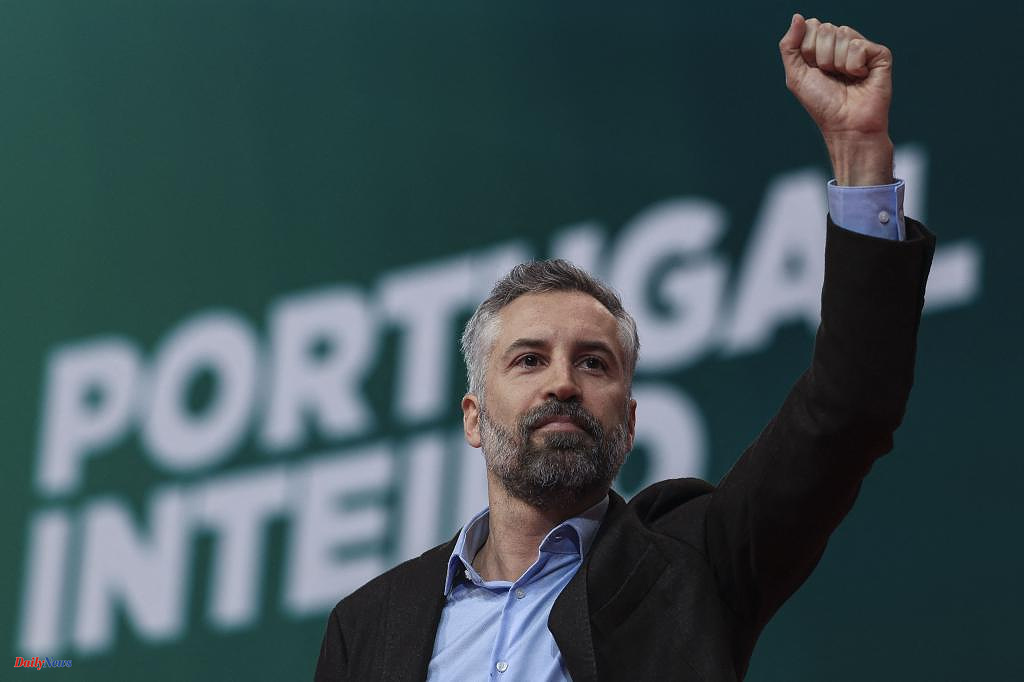The new general secretary of the Socialist Party (PS) of Portugal, Pedro Nuno Santos, outlined this Sunday the future of the party and launched his candidacy for the March legislative elections, with proposals to raise the minimum wage and improve access to housing .
Before a pavilion full of militants at the closing of the 24th National Congress of the PS, Santos opened a "new cycle" in the party after nine years of leadership by António Costa - and eight at the head of the Government -, who resigned in November as a result of a judicial investigation against him.
At 46 years old, Santos embodies a new socialist generation, born, as he recalled in his speech, after the Carnation Revolution that brought democracy to the country in 1974. This year, which marks the 50th anniversary of that revolution, "practically half of the Portuguese population will have been born like me after April 24, 1974," he noted.
And although he did not commit to promising a victory in the legislative elections on March 10, he outlined the main lines of what his proposal for the polls will be with words for workers, businessmen, young people, pensioners and women.
Raising the minimum wage to at least a thousand euros between now and the end of the next legislature (2028), linking the increase in rents to the evolution of salaries and creating a public housing stock are some of the measures that he highlighted. "The country has made a lot of progress in the last eight years, but we are aware that there is much to do," he acknowledged.
He also opted for a public pension system - "we do not want to dismantle or privatize it" - and for reforming the sources of financing for Social Security so that it does not depend only on contributions from work.
In addition, Santos defended that a "more selective" economic policy is necessary to address the transformations that the country needs and urged "selecting a more limited number of strategic areas where to concentrate support in the next decade."
The PS was forced to accelerate the renewal of its leadership after Costa resigned after being investigated in a case of alleged prevarication. As revealed last Friday by the newspaper Observador, suspicions center on the approval of a law that would have benefited the company Start Campus for the construction of a Sines data center.
This Sunday, the new socialist leader asked that Justice be allowed to work and be separated from politics. "Politicians make politics, Justice does its job and we have to respect it," he said in statements to journalists upon his arrival at the congress, where Costa himself was present.
The still acting prime minister, who was in charge of the opening speech of the congress last Friday, was received with applause by his party colleagues. But Costa's chapter, Santos recalled, "is about to end."
On a day dedicated to the future there was also time for the past and the new socialist leader paid tribute to former Portuguese president Mário Soares, who was the first general secretary of the PS and whose death marks seven years this Sunday.
Santos was elected Costa's successor at the head of the party in the internal elections held in mid-December, in which he obtained 61% of the support of the militants. He will be the socialist candidate for prime minister for the March 10 legislative elections, called following Costa's resignation.












